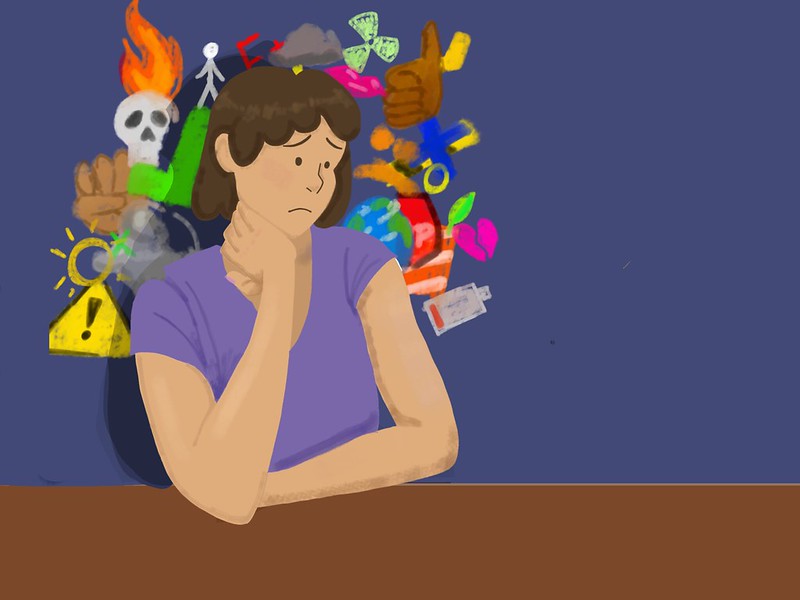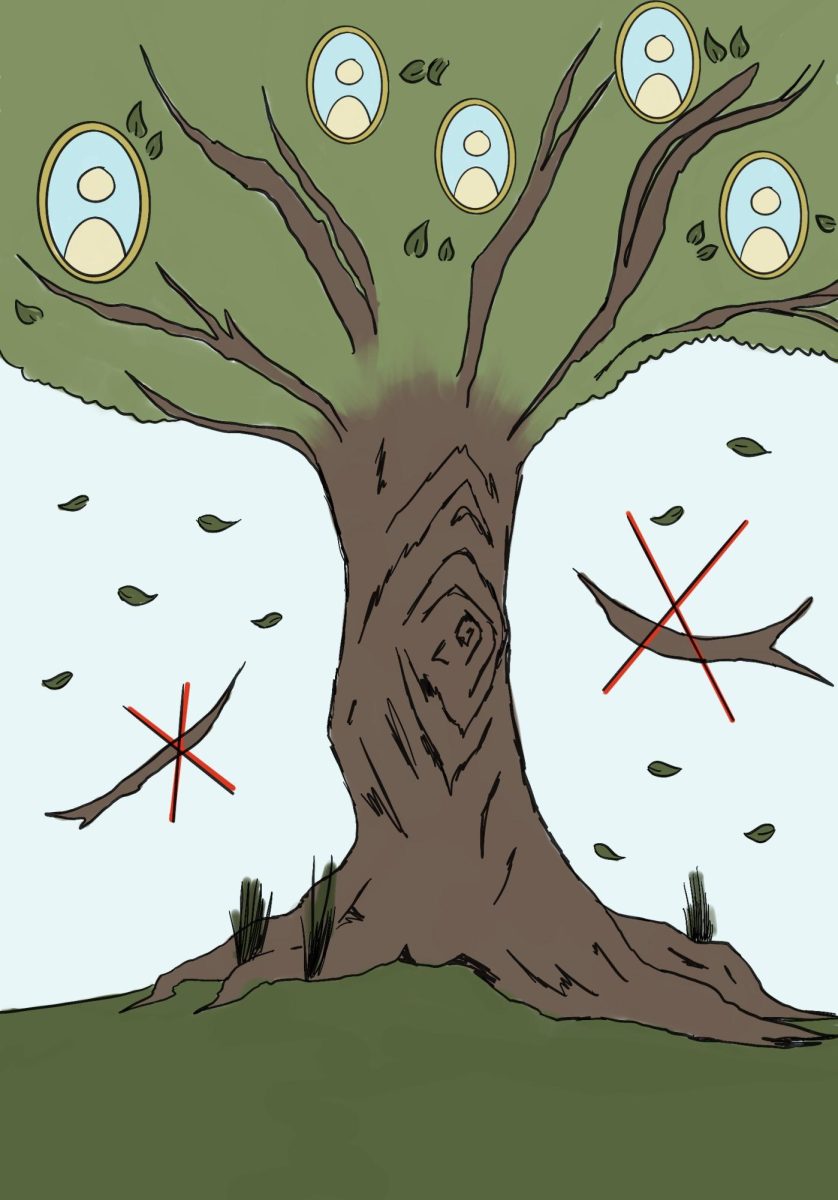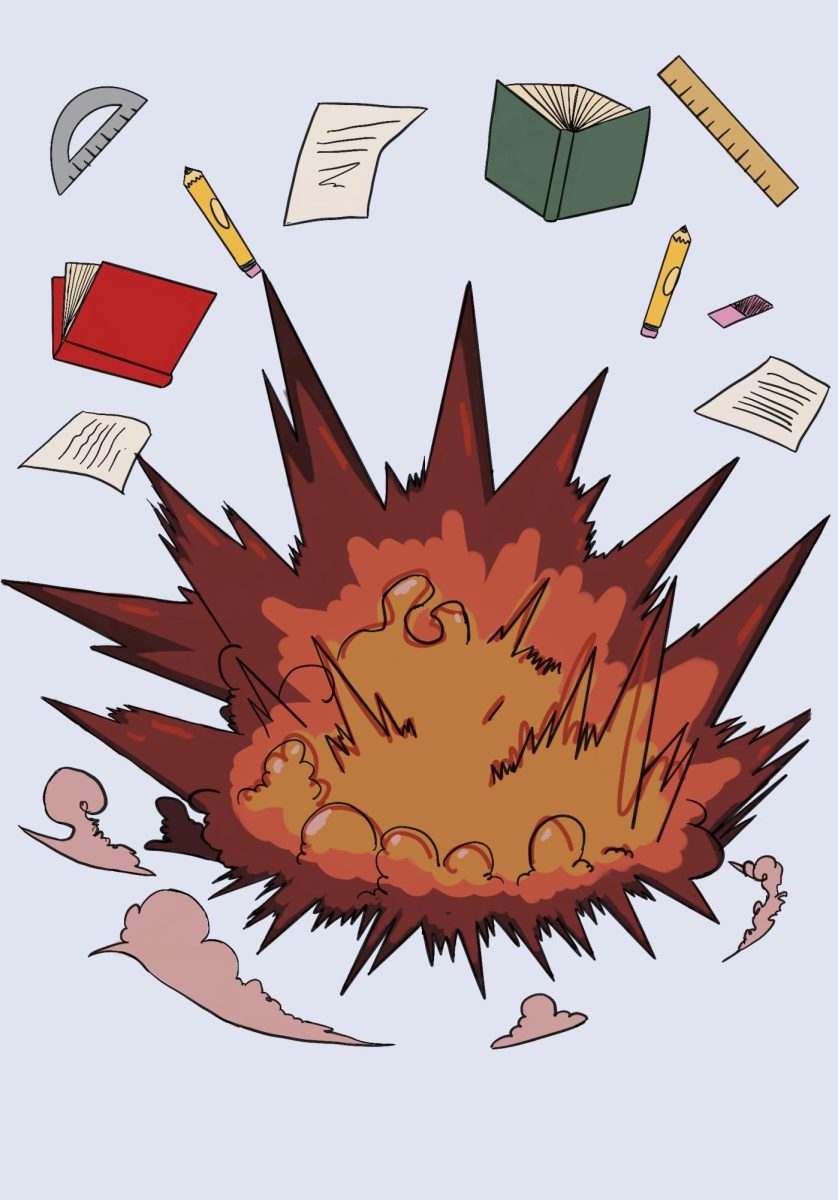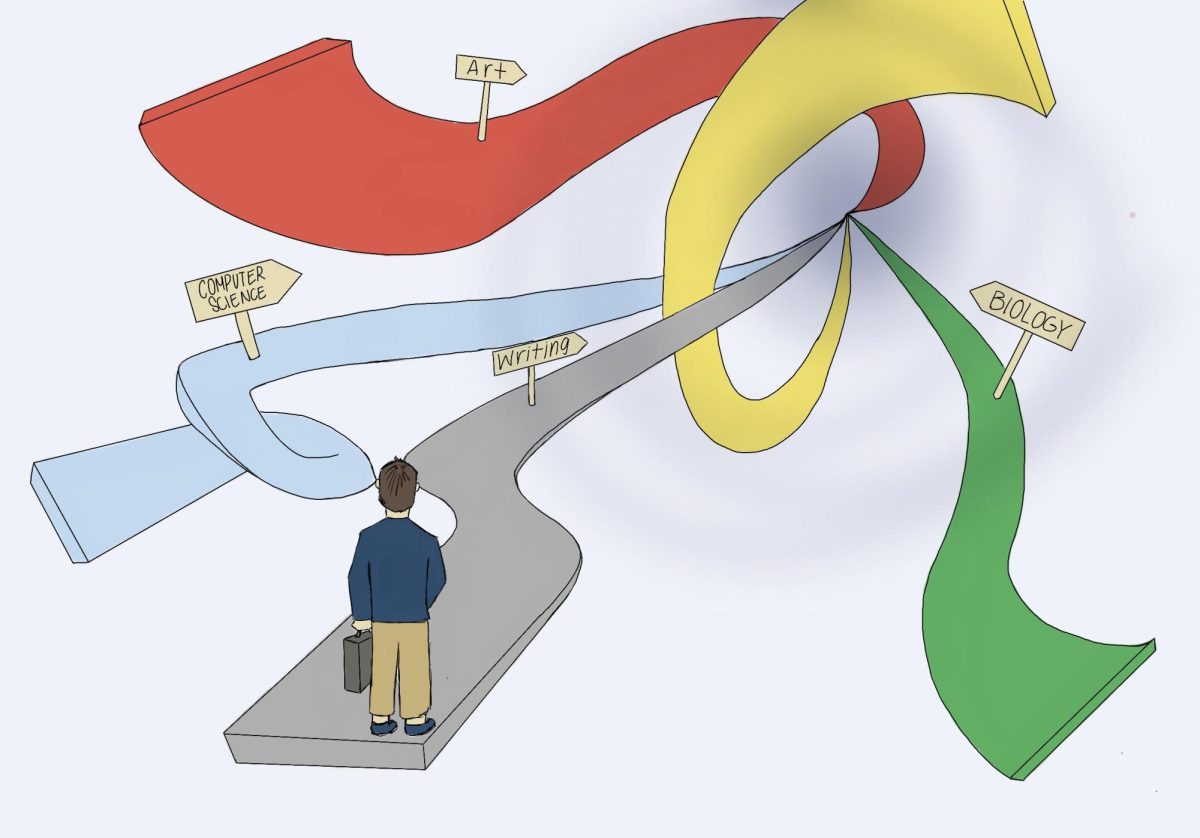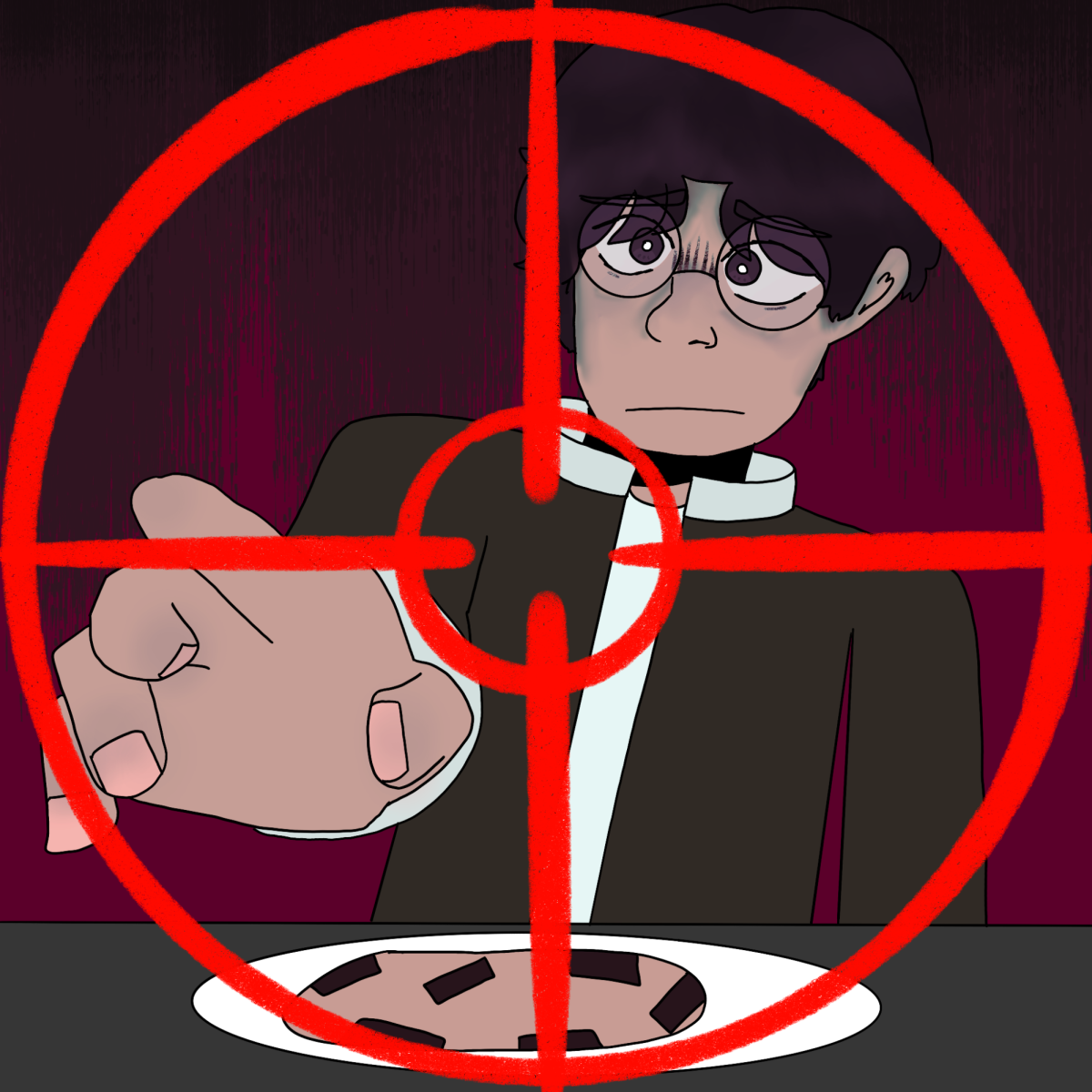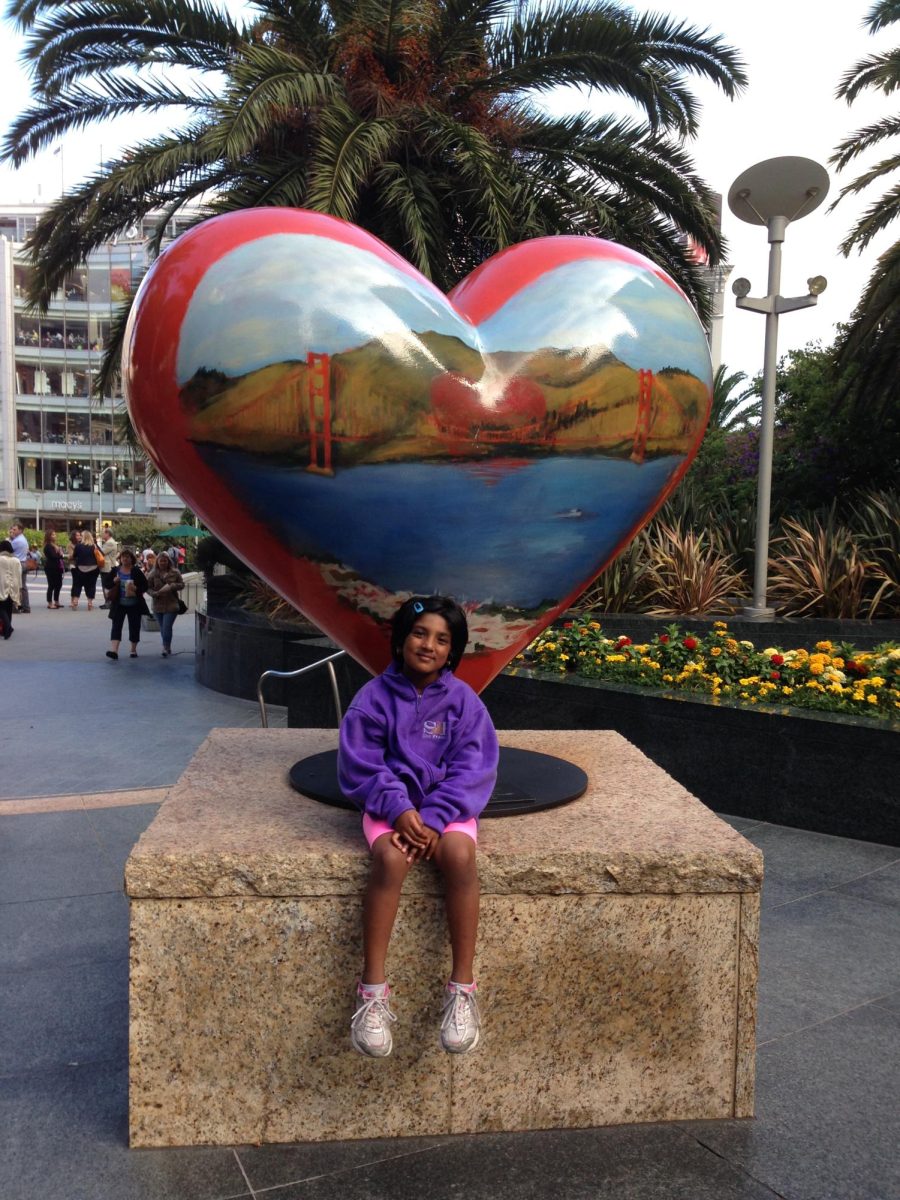Non-Breaking News: Teen depression rates are increasing, and they have been for some time.
It may come as a surprise for some readers. Today’s teens are considerably more privileged than those in years past, with unparalleled access to the internet, education and record-low rates of child poverty. According to these statistics, teen depression should be decreasing rapidly. So what could be going wrong?
Consider this. Maybe it’s not something going wrong. What if something was actually going right?
Another overlooked statistic rising along teen depression rates is access to mental health resources and education. From 2002 to 2019, the number of adolescents receiving mental health care increased from 11.8% to 16.7%. And while that number may not seem significant, it shows that within the last decade there has been a push for teens to verbalize their emotions. Especially the negative ones.
These teens are painted as “disruptive,” and “defiant,” for simply voicing complaints and verbalizing their feelings. We are “acting too big for our age,” when we choose to disagree with an adult. We are told to “be grateful” when we complain about the world around us.
But what makes our angers, fears or worries any different than those of adults? Does our age make our emotions any less valid?
Keep in mind, this world was not built for teens. It was built for adults, by adults, the very same people who call us “high-strung” and “emotional.” Teens are at that age where we start making decisions about the future, and let’s be real, the future is not looking too good. The climate crisis keeps getting worse, everything is getting more expensive and AI is taking over countless jobs. Today’s teens are inheriting the problems of the generations before them, and it’s nothing less than anxiety inducing. We may be getting better education, better internet access and better resources, but the world we are receiving is still rife with conflict, just like it was when our parents were teenagers.
But the teen identity extends beyond these last few decades. The teen experience may be different now than it was in our parent’s time, but being a teenager has always been hard. We’re at an age where we’re expected to figure out what we’re doing with the rest of our lives, despite seeing a tiny slice of all the possibilities. We’re at that age where we’re mature enough to learn to drive, but our parents still make decisions for us, without asking. Feelings of anxiety, depression, and irritation with the world are characteristics of this age. Why should we be afraid to hide these emotions when it’s perfectly natural for us to have them at this age?
It’s usually parents who tell their teens to conceal their emotions, since they are at the receiving end of these feelings. But If negative emotions are characteristics of adolescence, then that means our parents must have experienced them too, right? It’s likely that our parents also had a “rebel phrase” when they were younger. It’s almost as if adults seem to forget the part of them that was an adolescent, that contradicted their own parents before them.
And in today’s rapidly developing world, this divide has only heightened. The generational gap has never been so prominent, especially with the rise of technology. A parent’s understanding of their children’s experience might be completely different today than it was 30 years ago. Thus, every complaint a child makes is dismissed as “it’s because of that damn phone.” Yes. It is. But it’s also incredibly hard to explain to parents why Instagram and TikTok can be so demoralizing, yet so addictive.
Overall, we need to create a culture where teenagers are seen as rational individuals dealing with the onset of the world, and not high-strung emotional hurricanes. Clear communication and the ability to express one’s emotions without dismissal is essential to mental well being, and if teens, those with the highest depression rates, those with the highest depression rates, are not getting these resources, then we have to do something about it.
With enough effort and communication, maybe those teen depression rates will go down for good.

